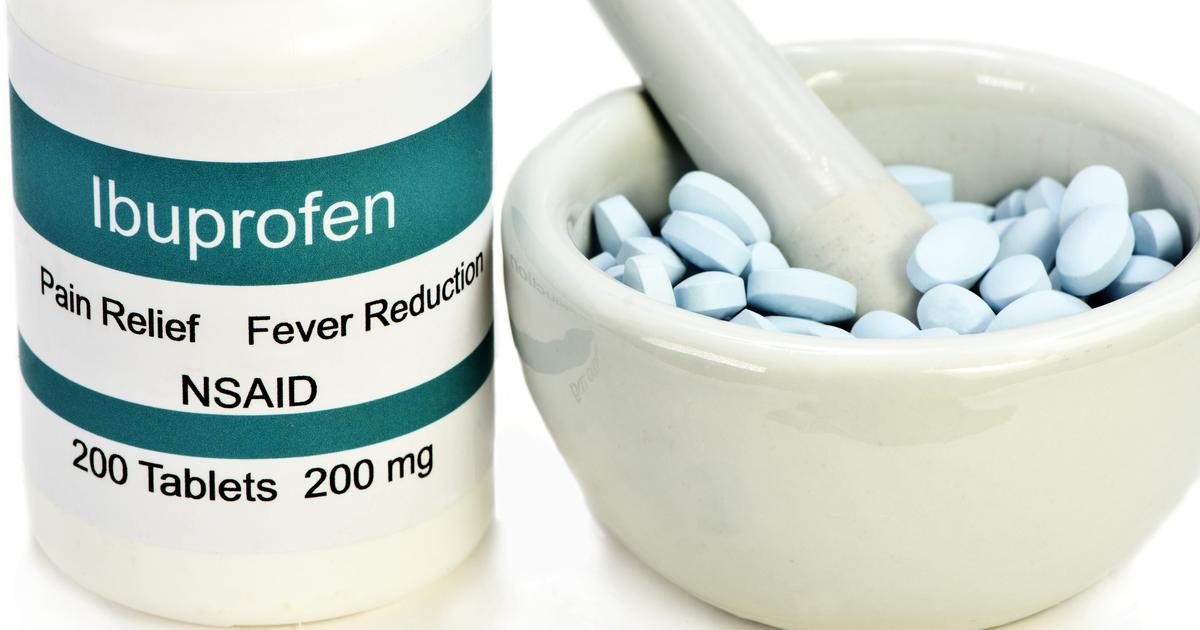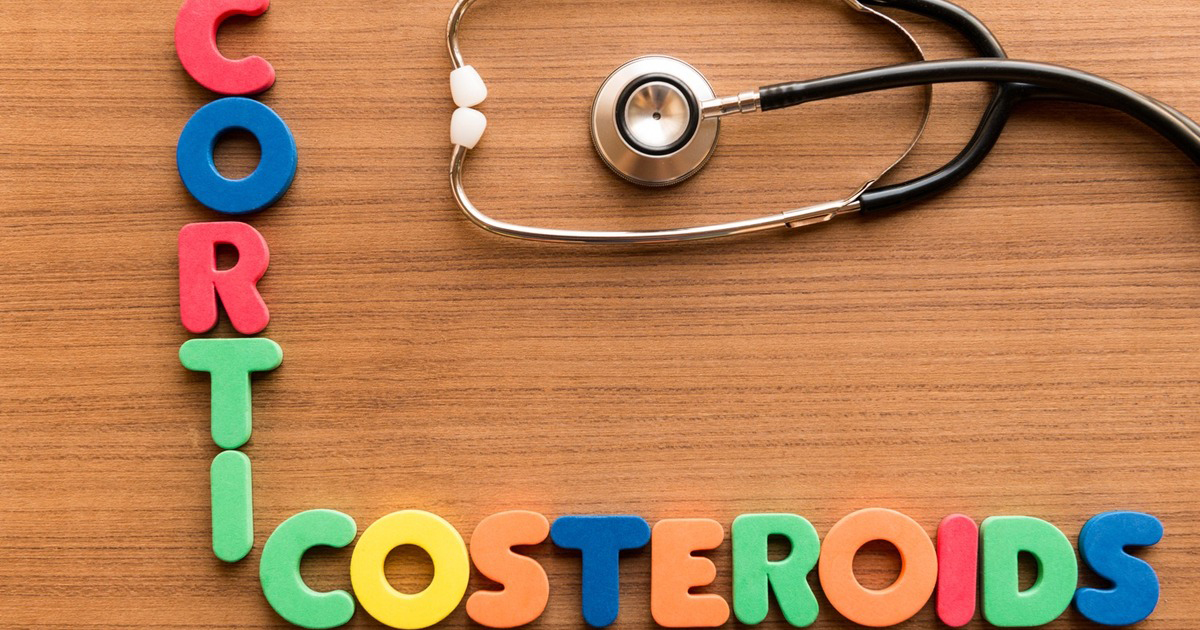Overview Of Medications For Gout
Nonsteroidal Anti-Inflammatory Drugs

Nonsteroidal anti-inflammatory drugs may be recommended to treat gout attacks and prevent future attacks. Ibuprofen, naproxen sodium, indomethacin, and celecoxib are some of the most common for gout treatment. Typically, patients take a higher dose to manage symptoms during an attack. A lower dose is taken daily to reduce the risk of future episodes. Patients may need to try several different anti-inflammatory medications to find one that is effective for their needs.
Since these medications can cause abdominal pain, fluid retention, stomach ulcers, and increased blood pressure, patients may need to be closely monitored when taking them. Some individuals could experience dizziness or difficulty with concentration while taking this medicine. Patients should let their doctor know immediately if they develop blurry vision, fatigue, sensitivity to light, difficulty urinating, or pain in the middle of the back during treatment. Adjusting the dose or switching to a different anti-inflammatory medication could help with managing or eliminating side effects. Patients with pre-existing kidney issues may be advised to avoid the use of nonsteroidal anti-inflammatory drugs.
Reveal details on more gout medications now.
Corticosteroids

Doctors may recommend prednisone and other corticosteroids to treat and prevent gout attacks. They are prescribed to patients who cannot use colchicine or nonsteroidal anti-inflammatory medication. Corticosteroids reduce the inflammation and pain associated with gout. They can be taken orally or given as an injection. Generally, corticosteroids are only used for a short period. Patients who use these medicines could experience side effects. Side effects may include increased blood sugar and blood pressure, sleeping difficulties, and mood changes. The medications can also increase the risk of bone fractures.
Patients should also inform their doctor if they have a history of diabetes, heart disease, liver disease, kidney disease, eye issues, or osteoporosis before using corticosteroids. Due to the risk of withdrawal symptoms, individuals who have used an oral corticosteroid for more than fourteen days should talk to their doctor if they wish to discontinue the medication. The dose must be tapered off to avoid nausea, fatigue, body aches, and other symptoms.
Keep reading to learn more about medications used for gout treatment now.
